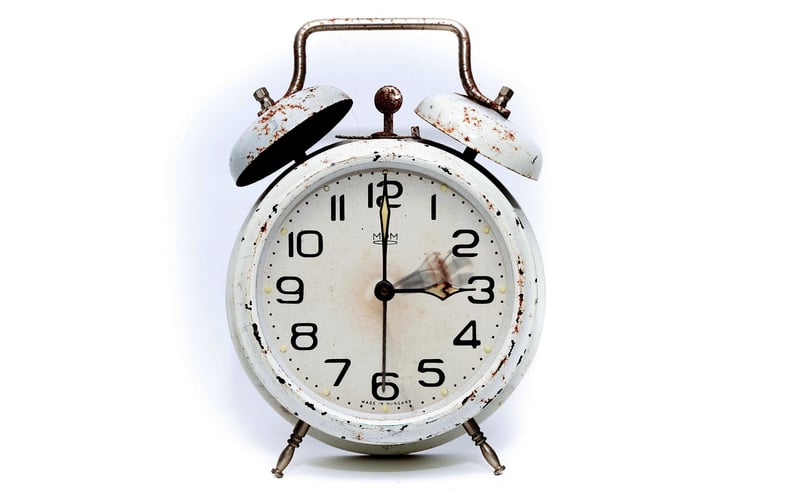Alteration Dilemmas
Ethical Considerations in Time Travel and Alteration Dilemmas
Time travel has long been a fascination for humanity, sparking debates not just about its scientific feasibility but also about the ethical implications it brings. The concept of altering the past or influencing the future raises complex moral dilemmas that are worth exploring.
Preservation vs. Intervention
One of the primary ethical considerations in time travel is the conflict between preserving the natural course of history and intervening to prevent harm or alter outcomes for the better. Should we have the right to change past events to prevent tragedies, or does that interfere with the natural progression of time?
Butterfly Effect
The "butterfly effect" is a common theme in time travel discussions, highlighting the idea that even small changes in the past can have significant and unpredictable consequences in the future. This raises questions about the responsibility of time travelers for the outcomes of their actions.
Temporal Paradoxes
Time travel often leads to paradoxes such as the grandfather paradox, where a traveler could potentially prevent their own existence by changing events in the past. Resolving these paradoxes ethically becomes a complex challenge for those engaging in time travel.
Respecting Autonomy
Another ethical consideration is the impact of time travel on the autonomy of individuals in different time periods. Interfering with past events could infringe upon the rights and choices of people who lived in that era, raising questions about consent and respect for historical figures.
Conclusion
Time travel presents a myriad of ethical considerations, from the implications of altering history to the responsibility of travelers for the consequences of their actions. Exploring these dilemmas can deepen our understanding of the ethical complexities that arise when contemplating journeys through time.

For more information on time travel and ethical dilemmas, you can visit Ethics.org.
